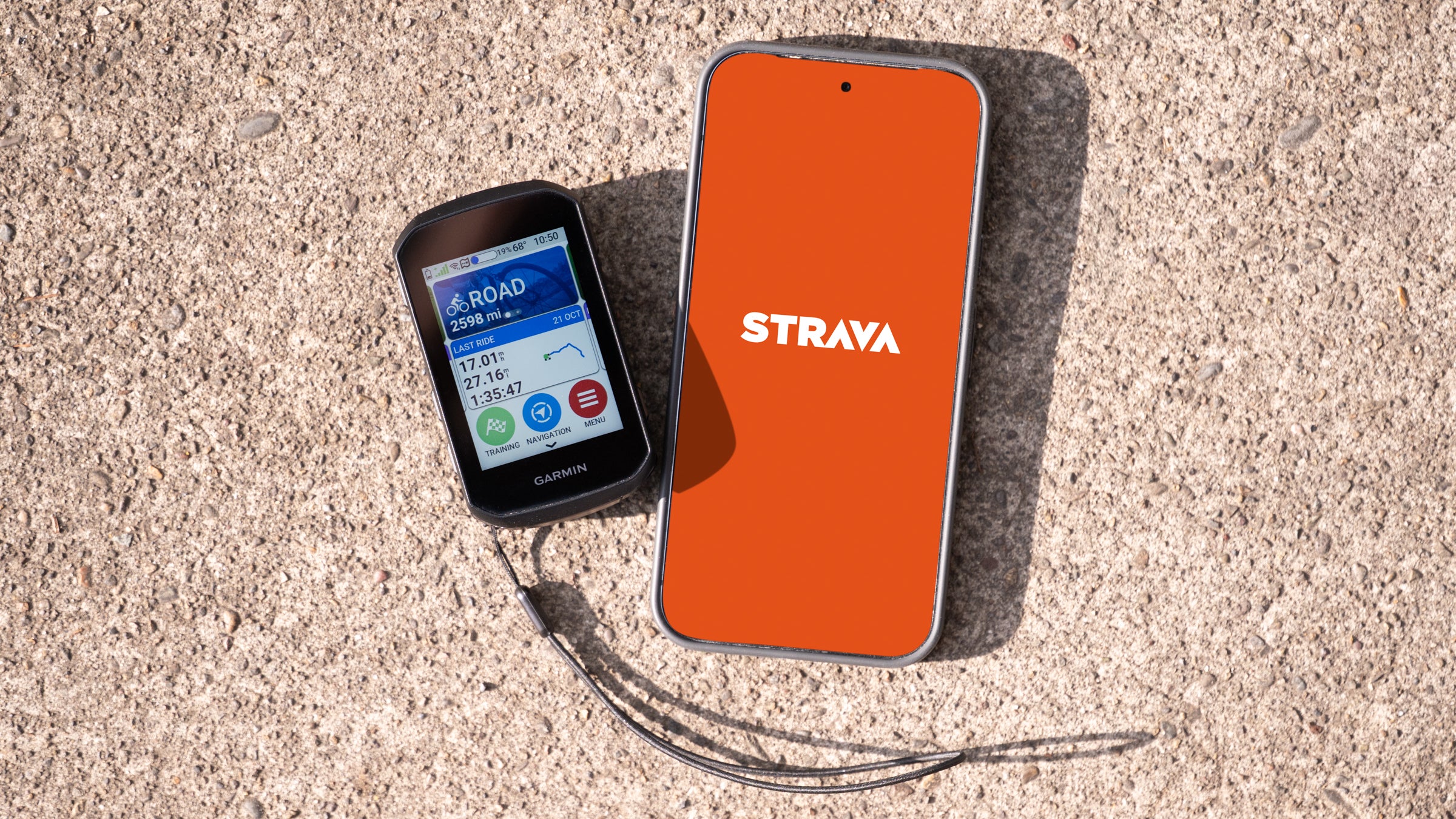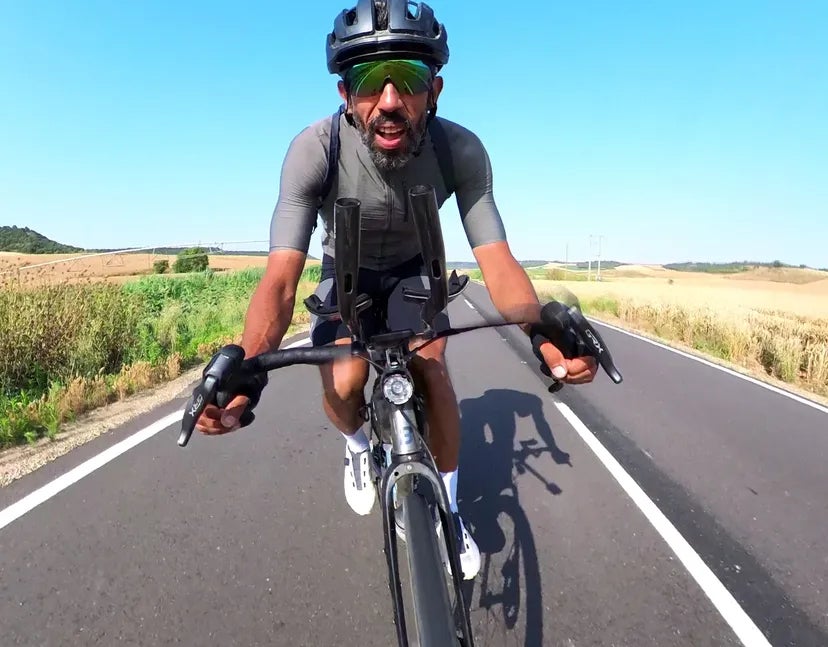Strava vs. Garmin: A Legal Spat That Was Over Before It Began
In the world of cycling, apps like Strava and Garmin are beloved tools that help riders track their progress and connect with the cycling community. But what happens when two giants in the industry clash? Last month, Strava launched a lawsuit against Garmin over some serious claims but quickly pulled back, leaving many cyclists wondering what really went down. Let’s dive into this brief legal battle and see what it means for you as a rider!
A Quick Recap of the Drama
In late September 2025, Strava accused Garmin of infringing on two important patents related to heatmaps and segments — features that have made Strava a household name for cyclists and runners alike. However, things took a twist when Strava’s chief product officer, Matt Salazar, clarified in a Reddit post that this lawsuit was not just about patents. It was actually about a disagreement over how Garmin expected their data to be credited when used on Strava.
Garmin had introduced new rules stating that the Garmin logo had to appear in every activity post and related content. According to Salazar, this was an unfair demand that felt more like advertising than a fair attribution of data. Strava valued user data and wanted to ensure it remained protected, which is why they felt compelled to take action.
What Made This Battle Interesting?
The cycling community quickly chimed in on this clash. Many users on the Reddit thread sided with Strava, expressing dissatisfaction about Garmin’s demands. But here’s where it gets tricky: Salazar’s claims about Garmin’s new rules were not entirely accurate. Garmin’s guidelines allowed for different forms of attribution, including simple text descriptions.
In fact, Strava usually has similar requirements for its users, asking them to credit Strava when sharing its data. This situation had become a sticky web of misunderstandings and miscommunications.
Backtracking and Resolution
Just 11 days after launching the lawsuit, on October 11, Strava began backtracking. They sent out an email to developers saying they would now comply with Garmin’s requirements, recognizing that it was in their best interest to maintain access to Garmin’s data.
By October 22, Strava officially withdrew its lawsuit altogether. What’s fascinating here is that they did it without a hint of settlement. It leaves us asking: Did Strava gain anything from this legal tussle? So far, it doesn’t seem like it, which makes this whole episode even more puzzling.
Final Thoughts: What This Means for Cyclists
As a cyclist, it can feel frustrating when companies you love go head-to-head, especially when it affects how you track your rides. The good news is that this saga demonstrates the importance of keeping communication open between tech companies. Your data privacy and user experience should always come first.
When sharing your stats on platforms like Strava or Garmin, be aware of how your personal data is represented. Remember, understanding the terms and how data sharing works can help you make the best of these amazing tools!
Takeaway
In cycling, as in life, misunderstandings can happen, and it’s how we navigate them that counts. Whether you’re a casual rider or a serious cyclist, always ensure you’re informed about the platforms you use. Stay connected, keep riding, and remember that every pedal stroke counts!
Original article: Click here











